NGO finds huge disparity in asylum policy
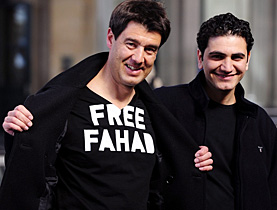
The non-governmental Swiss Refugee Council has called for increased efforts to prevent what it sees as injustices against illegal immigrants.
Under a law in force since 2007 the country’s 26 cantons have wide-ranging autonomy to grant people with no legal status, among them rejected asylum seekers, temporary residency instead of forcing them to leave the country.
An asylum seeker who has lived in Switzerland for at least five years and who can prove that he or she is integrated into society is eligible for a residence permit on humanitarian grounds. A return to their country of origin is considered a case of extreme hardship.
A survey by the Refugee Council shows huge differences in the way the cantonal authorities grant exemptions. What’s more, an asylum seeker has no say in which canton will manage his or her case.
While there are cantons with a liberal policy, which have granted more than 500 permits since 2007, other more restrictive cantonal authorities have issued fewer than 20 humanitarian permits.
“For the people concerned it probably feels like a lottery,” says Beat Meiner, secretary-general of the council.
He says the law is vague and the criteria for cases of extreme hardship are open to interpretation.
“All cantons are convinced that they are acting within the regulations,” Meiner told a news conference in Bern on Tuesday.
In practice, however, the definition of whether the degree of integration or the size of the apartment is sufficient to qualify a person as a special case could differ from canton to canton.
Appeals panel
Thomas Baur, a legal expert and author of a survey on cases of extreme hardship, added that cantons including Zurich made a passport a precondition for an application. Other more liberal authorities allow candidates to provide a passport at a later date.
He criticised the lack of an appeals commission. “It is alarming that rejected applicants have no possibility to appeal against a decision by the cantonal authorities.
The NGO called for the creation in all cantons of advisory committees, including representatives of civil society, to support the authorities. Presently only four out of 26 cantons have such expert panels.
Meiner stressed the need for an appeals body, because it could help set straight possible misjudgements by authorities deciding on cases of humanitarian permits.
Protests
In December around 150 rejected asylum seekers occupied a church in the city of Zurich in protest at the authorities’ policy towards illegal immigrants.
They claimed that Zurich was stricter than other cantons when applying the status of hardship and granting residency rights.
In another high-profile case, Fahad Khammas, a rejected asylum seeker from Iraq, was ordered to leave Switzerland. He was arrested earlier this week and is to be deported to Sweden where he had first applied for asylum.
The policy is in line with an accord on asylum with the European Union, but lawyers point out that the 24-year-old man was also denied refugee status in Sweden. He risks being deported to Iraq where his life is in danger, according to lawyers.
The Iraqi featured in a recent documentary on Switzerland’s refugee policy. NGOs say the man should be eligible for humanitarian asylum even though he has not lived in the country for five years.
Commenting on Khammas’s situation on Tuesday, Justice Minister Eveline Widmer-Schlumpf said even though his case was “emotional” and had been covered by the media, he should not be treated differently from other asylum seekers.
swissinfo, Urs Geiser
Switzerland recorded a 53% increase in the number of asylum requests last year.
About 16,600 asylum applications were filed last year, according to the Federal Migration Office.
Most applications were by people of Eritrean origin, followed by Somalis.
The biggest increase – compared with 2007 – was by Nigerians, Iraqis and refugees from Sri Lanka.
Nearly 12,700 applications were still unresolved by the end of 2008, according to the authorities.
Fighting in Afghanistan, Sri Lanka and other countries has led to an increase in people requesting asylum in industrialised nations, the United Nations refugee agency said Tuesday.
Around 383,000 people applied for asylum in Europe, North America and other industrialised regions last year – 12% more than in 2007.
Most of the requests – 40,500 – came from Iraqis with a majority filing their claims in Turkey, Sweden and Germany. Demands from Afghans rose 85% last year to 18,500.
Those fleeing are searching for a safe haven in more countries than before, probably because of tighter asylum policies in traditional destinations, the agency said.

In compliance with the JTI standards
More: SWI swissinfo.ch certified by the Journalism Trust Initiative

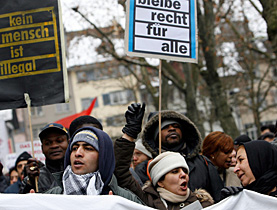
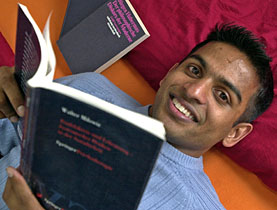
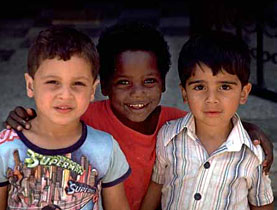
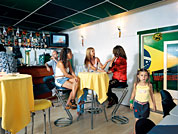
You can find an overview of ongoing debates with our journalists here. Please join us!
If you want to start a conversation about a topic raised in this article or want to report factual errors, email us at english@swissinfo.ch.